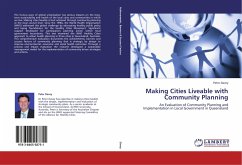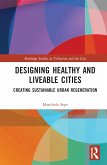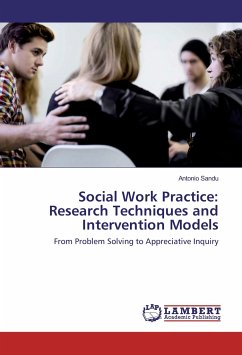The furious pace of global urbanisation has serious impacts on the long-term sustainability and health of the local cities and communities in which we live. Making cities liveable is best achieved through community planning at the local council level. Since the 1990s, the World Health Organisation (WHO) addressed this global challenge by advocating healthy public policy and laying foundations for the Healthy Cities Movement. Significant support developed for participatory planning action within local government boundaries. This text examined the WHO Healthy Cities approach to urban health planning in three cities in Queensland, Australia. This comprehensive evaluation documents the achievements, barriers and success factors of community planning that is strategic by design to improve environmental, economic and social health outcomes. Through a process and impact evaluation the research developed a sustainable management model for the implementation of community driven strategiesand actions.








